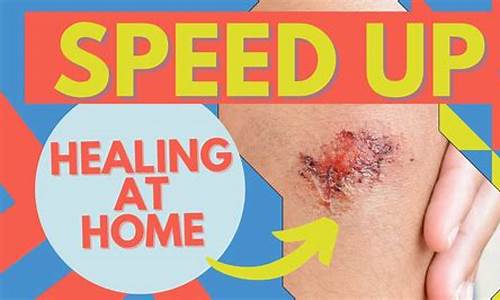How a Healthy Diet Can Help Lower Blood Pressure
Maintaining healthy blood pressure is crucial for overall well-being. High blood pressure, or hypertension, is a common health issue that can lead to severe complications, including heart disease and stroke. One of the most effective ways to manage blood pressure is through a healthy diet. In this article, we will explore how certain dietary choices can help lower blood pressure and improve heart health.
Understanding Blood Pressure and Its Importance
Blood pressure refers to the force of blood pushing against the walls of your arteries as your heart pumps it around your body. High blood pressure occurs when this force is consistently too high, which can damage your blood vessels and organs over time. A healthy diet is vital in controlling this force, particularly through the intake of specific nutrients that support heart and vascular health.

Foods That Help Lower Blood Pressure
A diet rich in fruits, vegetables, whole grains, and lean proteins is key to reducing blood pressure. Potassium-rich foods, like bananas, sweet potatoes, and spinach, help balance the negative effects of sodium in the body. Foods that are low in sodium and rich in omega-3 fatty acids, such as salmon and walnuts, can also significantly contribute to lower blood pressure.

Importance of Reducing Sodium Intake
Excessive sodium is a major contributor to high blood pressure. Processed foods, canned soups, and fast foods are often high in sodium, so it is essential to limit their consumption. Instead, opt for fresh, whole foods and cook meals at home to have better control over the amount of salt you use.
The Role of Fiber in Blood Pressure Control
Dietary fiber is essential for heart health. High-fiber foods, such as oats, beans, and legumes, can help lower blood pressure by improving blood circulation and reducing cholesterol levels. Incorporating more fiber into your diet can make a noticeable difference in managing hypertension.
Hydration and Its Effect on Blood Pressure

Staying hydrated plays a crucial role in maintaining normal blood pressure levels. Drinking plenty of water helps the kidneys remove excess sodium from the body, which can otherwise contribute to high blood pressure. Adequate hydration also supports healthy blood flow and overall cardiovascular function.

Conclusion
Incorporating a balanced, nutritious diet is an essential strategy in managing and lowering blood pressure. By focusing on nutrient-rich foods, reducing sodium intake, and staying hydrated, you can significantly improve your heart health and prevent hypertension-related complications. Taking proactive steps through diet will not only benefit your blood pressure but also enhance your overall health and well-being.